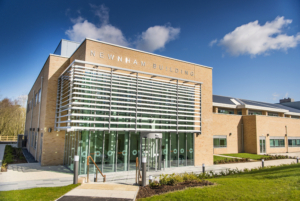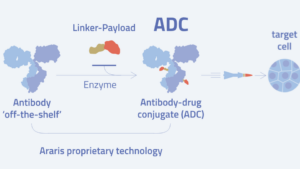Researchers unravel potential cancer target
British researchers have found out what's going wrong with chromosome segregation in some cancers.
Through a series of experiments, the team led by Andrew Fry from University Leiceister found out the EML4 protein, which in some cancers is found fused to other proteins, is regulated by two enzymes NEK6 and NEK7, and that these are crucial for proper chromosome alignment and segregation during mitosis.
When mitosis goes awry, the daughter cells get aneuploid triggering genomic instability and cancer. Dynamic switching of microtubules between stable and unstable states is critical for the proper alignment, separation, and segregation of the chromosomes. Fry’s team found out that presence of EML4 in the cell is critical to this process because the protein binds to and stabilizes microtubules by binding to tubulins.
First author Rozita Adib now reports that phosphorylation of EML4 by the kinases NEK6 and NEK7 at Ser144 and Ser146 was required to induce EML4 dissociation from microtubules during mitosis to enable proper chromosome alignment along the equator of the mitotic spindle. If the interaction of NEKs with EML4 was disturbed tumour growth is promoted. An Ser144A-Ser146A double mutant not only bound inappropriately to mitotic microtubules but also increased their stability and interfered with chromosome congression. In addition, constitutive activation of NEK6 or NEK7 reduced the association of EML4 with interphase microtubules. Further research is needed to see how to target this mechanism to block EML4-protein fusions in cancer.



 Microbiotica
Microbiotica Araris Biotech AG
Araris Biotech AG